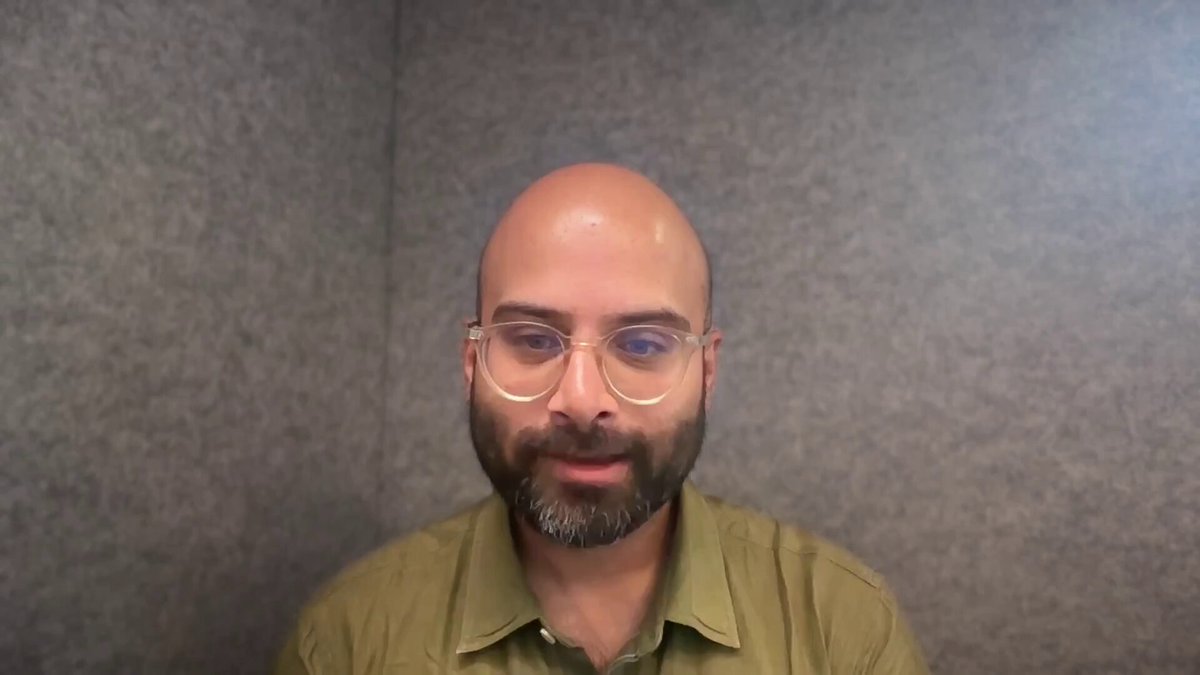Interviewing a Former Colleague
I recently interviewed a senior candidate I know well. The experience opened my eyes. These talks are quite unlike typical interviews. When you interview someone you’ve worked with before, the vibe changes. Now, you’re not just looking at technical skills. It becomes about reconnection and mutual fit.
Welcome back to Founder Mode! In today’s newsletter, I’ll share why chats with former colleagues feel special. They can seem more natural but are just as important.
The Nature of Reconnection Interviews
When you interview someone you know, it’s more than just checking their skills. The dynamics shift in several important ways:
- Focus on mutual fit: The chat is about cultural fit and shared goals, not only technical skills.
- You don’t need to guess about their experience or skills anymore: You already know. The talk moves to how you've both grown since you last teamed up.
- Shared references help conversations flow better: They give everyone a common ground to connect on. This way, it feels more casual and like a friendly catch-up.
- Selling the opportunity: They look at you, and you look at them and the chance. You're both deciding if this is a good fit.
These interviews aim to reconnect rather than follow a strict script. This way, both sides can feel if working together again is a good idea.
What We Discussed
We talked about many topics, but the main theme was how our careers have changed over time. Some of the things we talked about included:
- Personal life updates: We hadn't worked together in over 10 years, so we caught up on life.
- Mutual connections: We talked about news on friends we both know. We checked in on where they are now and how their lives have changed.
-
Lifestyle changes: I shared how my lifestyle and work-life balance have evolved. I've put a greater emphasis on health and fitness over the years.
- The candidate’s journey: We shared what’s happened since we last worked together. This included recent roles and their return to tech.
- Time-Off Reflection: I wanted to know about their time off. It really changed how they see work and life.
This part of the interview wasn’t about job skills. It was centered on reconnecting and seeing how our personal and work paths fit.
The Current Venture
I shared some of the things we’re working on
- Healthcare + AI: We use AI to automate administrative tasks and voice calls in medical practices. This reduces the administrative workload for medical providers.
- Rapid growth: Demand for our solution as we have rolled out to more locations has jumped from just a few calls a day to thousands in just a few weeks.
- Integration with healthcare systems: Our technology is made to work with your existing systems. Layer in AI don't replace the current tools. For example practices using athenaOne are seeing more than 50% of their workload now fully handled by our AI solution.
Team and Culture
When it comes to hiring, culture is just as important as technical skills. Here’s what I emphasized about our current team and culture:
- Zero A**hole Policy: We keep the team small and focused. We only bring in people who share our values and care about quality.
- Speed and experience: Our small team has the skills to move fast. This speed is key in a quick-paced startup world.
- Next-gen AI: We combine our business skills with AI strength. This helps us achieve more with fewer people. Everyone MUST use AI no exceptions.
- AI helps us achieve more: By utilizing AI tools, we can automate much of the tedious work. This keeps our team small but effective. Nearly zero overhead - everyone is doing company + mission critical work.
I stressed that this isn't only about skills. It’s also about being part of a strong team. Everyone here shares the same vision and values. It's also paramount that we continue to push the envelope of what is possible. Tools and platforms are evolving extremely fast, and we need to be willing to completely abandon an approach to look for new global maximums.
Next Steps
This candidate's process is simple and efficient:
- We keep the interview simple. It's really about finding a good fit for both sides.
- The decision will rely on how well our needs match the candidate’s career goals and interests.
- We decide the same day.
It felt good to focus on fit in the interview process, not just on skills. After all, we already knew that part.
Key Takeaways
- Reconnection interviews help find a good match and link cultures. They focus on shared values, not just technical skills.
- Personal updates are key. They reveal how your co-founder or candidate has evolved since you last teamed up.
- Share your startup's vision and growth clearly. This lets team members see if they’re excited about your journey.
- Team culture is as important as technical skills. Aligning values and goals is crucial.
- Hiring for a mutual fit is faster and more effective than long, tiring methods.
Final Thoughts
Talking to a former colleague was not like a typical interview. It wasn't only about technical skills. It was also about reconnecting and making sure our goals and visions lined up. Founders need trust and shared values, not just skills, to build a strong team.
When hiring or looking at past team members, think about cultural fit. Ensure both sides are excited about the chance. This can make all the difference in building a strong, motivated team.
Have you ever reconnected with old colleagues?
What was that like for you?
How do you approach hiring and team culture?
I’d love to hear your thoughts!
See you next week,
-kevin
PS: Yes, we hired them. Already making a huge impact.
Recent Social Posts
Recent Podcasts

Catch up on past emails here.
2810 N Church St #87205, Wilmington, DE 19802
Unsubscribe · Preferences




